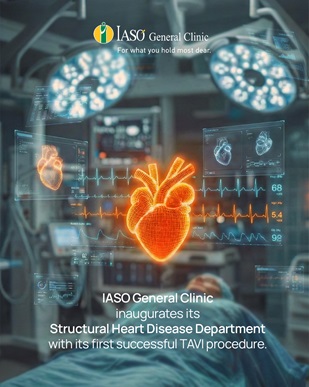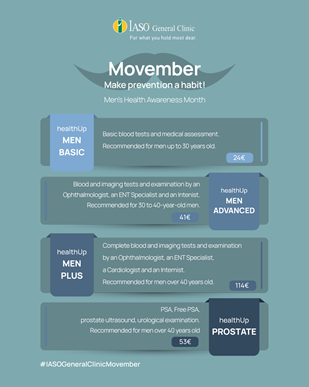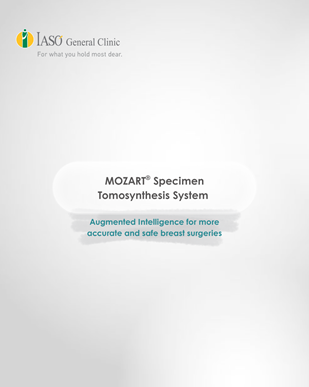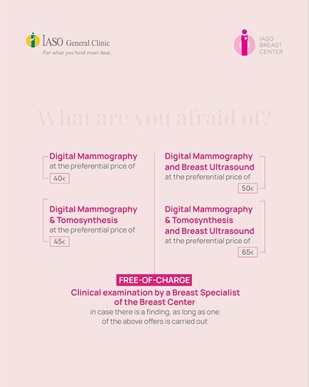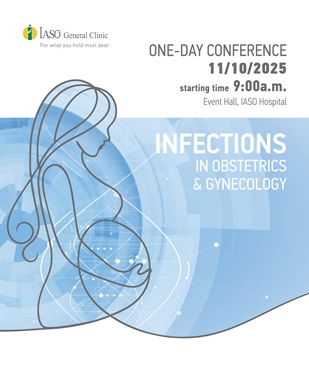
Speech Therapy Department
Outpatient Department
Adult Speech Therapy
Speech therapy for adults provides prevention, evaluation and treatment for people who have difficulties with communication or feeding and swallowing, as a result of various conditions.
Some of them may be due to:
- Cerebrovascular Accident (CVA)
- Craniocerebral Injuries
- Head and neck cancer
- Trauma
- Neurodegenerative diseases (Parkinson's disease, Alzheimer's, Motor Neurone Disease, Amyotrophic Lateral Sclerosis etc.).
Communication disorders may include difficulty in producing speech and understanding language, with fluency, or difficulties in the use of the voice.
Feeding and swallowing disorders refer to difficulty in processing and moving food and liquids from the mouth to the stomach (Dysphagia). It can be a serious condition and treatment may be needed.
Some of the symptoms of Dysphagia are the following:
- Difficulty in chewing food
- Inability to swallow
- Pain when swallowing
- The sensation of food sticking in the throat
- Salivation
- Hoarseness
- Food regurgitation, vomiting
- Weight loss
- Coughing or choking when swallowing
The role of the Speech Therapist in the Intensive Care Unit (ICU)
The role of the Speech Therapist in the Intensive Care Unit (ICU) The Speech-Language Therapist undertakes an important role in the ICU, both in the assessment and management of people associated with speech, language, swallowing disorders, as well as
in the treatment of people with tracheostomies.
More specifically, the Therapist manages cases of critical illness and postoperative trauma.
Tracheostomy Management
The Speech Therapist plays an important role as a member of the ICU that treats patients who have undergone tracheostomy, at the following levels:
- speech and language (speaking valves)
- swallowing difficulties
- tracheostomy decannulation.
Regarding the tracheostomy decannulation, the speech therapist determines if the person is a candidate, if they can tolerate and communicate successfully by using a speaking valve.
Department’s Aim:
Speech therapy aims to create the appropriate personalized intervention plan for the prevention, improvement and/or restoration of the aforementioned disorders.
-
What is speech therapy?
Speech therapy is the science that deals with the prevention, diagnosis and treatment of disorders of speech and language, communication, but also feeding and swallowing in children and adults.
These disorders can be either developmental or acquired and can affect the lives of children and adults to a significant extent, depending on their severity.
Speech therapy aims to improve and restore difficulties, in collaboration with other specialties (occupational therapy, physiotherapy, special education, psychology, etc.).
Staff





